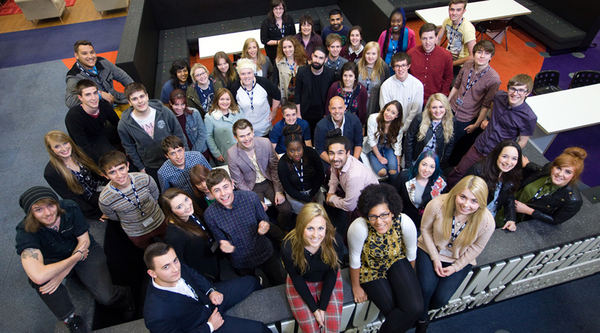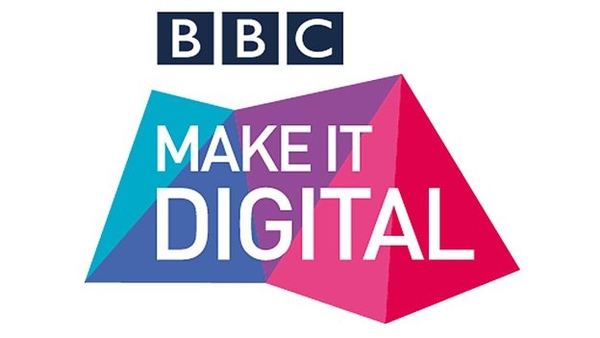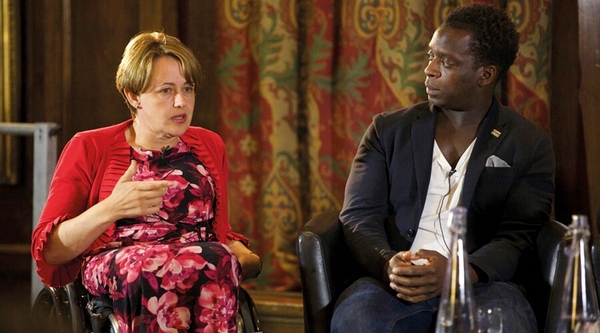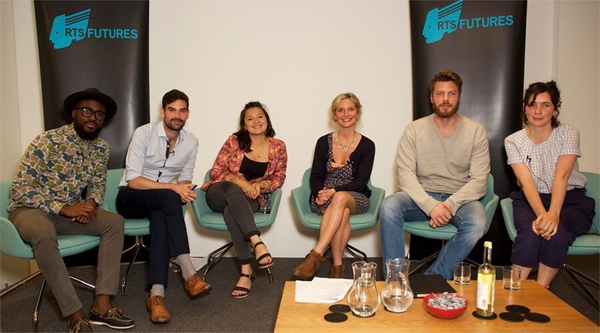The drive for data - why analytics should be at the heart of your business
The TV industry is facing the greatest paradox in its long history. The quality of its craft and the demand for its product have never been higher. At the same time, its future commercial viability is very uncertain.
Digital has fundamentally and irrevocably altered television’s business model. Not only are viewers watching more content than ever on digital devices, they’re doing so across a wider range of platforms and in many different ways.







